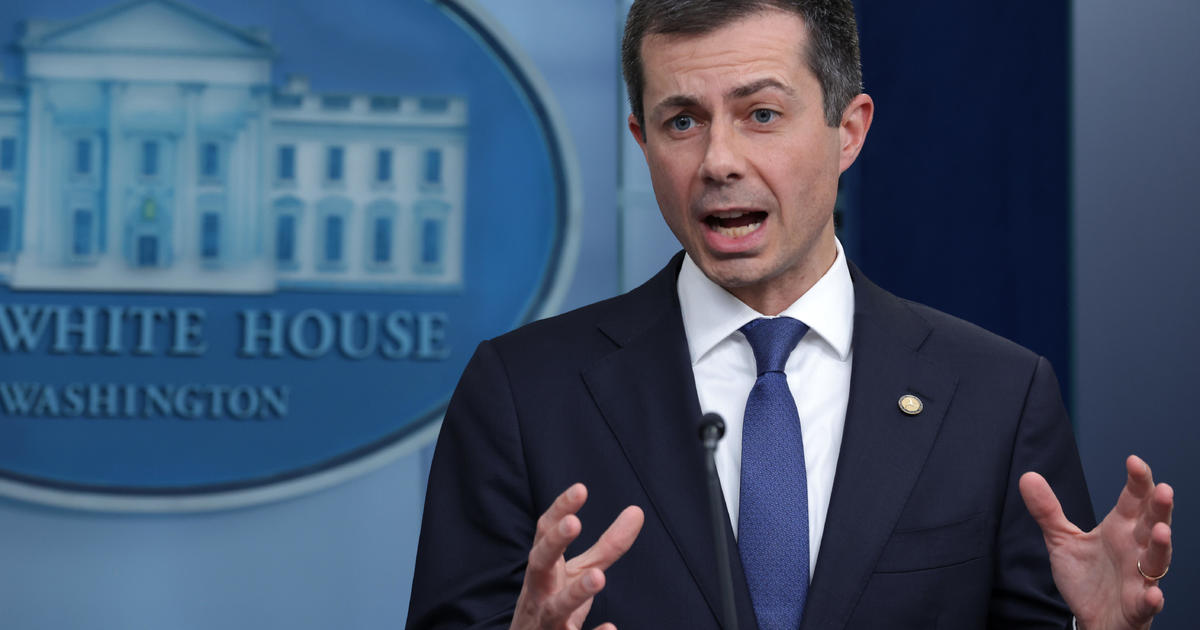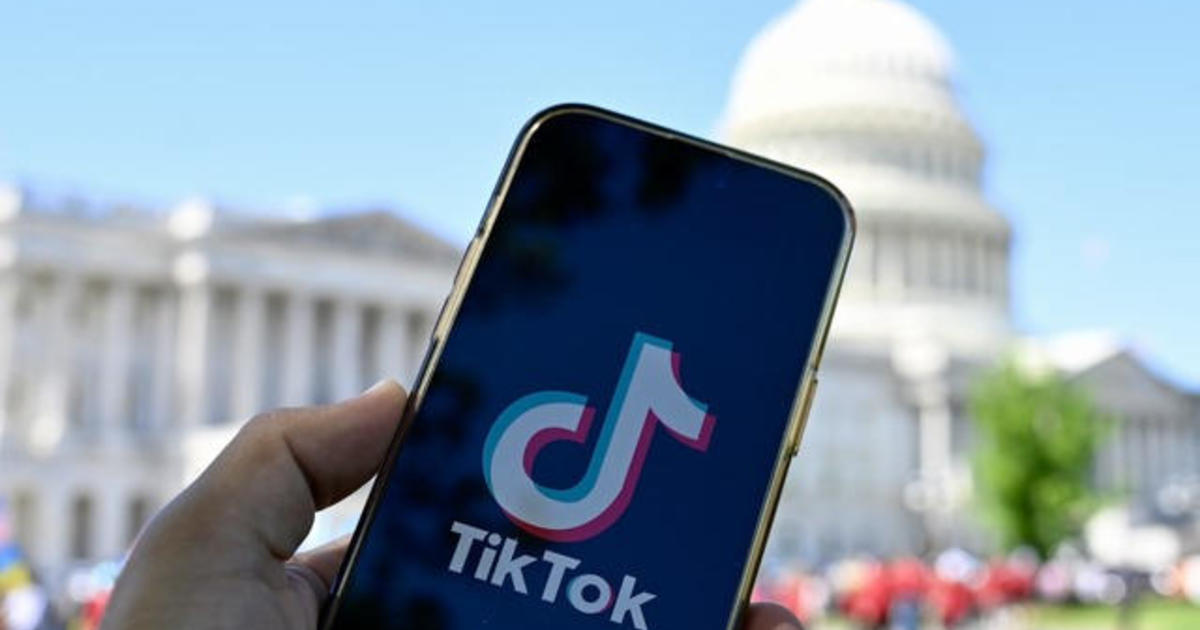How the GOP plans to respond to a new consumer watchdog rule
Mandatory arbitration clauses may be popular with banks and financial institutions, but the vast majority of consumers dislike them.
But with a new rule set to ban the clauses early next year, the debate shows no sign of dying down.
Tom Cotton (R.-Arkansas) is among the Republicans vowing to overturn the new rule, which was announced by the Consumer Finance Protection Bureau earlier this week. The CFPB, he said, has "gone rogue again."
So what is a mandatory arbitration clause? Embedded in contracts, they force consumers into arbitration and effectively prohibit class action lawsuits against financial institutions. The CFPB said its new rules will go into effect in March, blocking financial companies from forcing consumers into these clauses and giving up their rights to pursue their day in court.
Nine out of 10 consumers said they believe they should be able to band together to sue a financial institution, rather than being pushed into arbitration, according to a 2016 survey from The Pew Charitable Trusts.
Republican lawmakers have overturned more than a dozen regulations issued under President Barack Obama. Now, they're looking to do the same to a rule issued Monday that would let consumers band together to sue their banks or credit card companies rather than use a mediator to resolve a dispute.
The effort would be a first for this Republican-led Congress — overturning a rule issued during the presidency of Donald Trump.
Of course, the Trump administration isn't particularly fond of the Consumer Financial Protection Bureau, which issued the rule. The administration has called for the agency's restructuring and the president's budget calls the agency an "unaccountable bureaucracy."
Two GOP senators, Cotton and Mike Crapo of Idaho, said Tuesday they intend to seek the repeal of the regulation through the Congressional Review Act, a law that allows Congress to review new federal regulations issued by government agencies and overturn them with a simple majority.
Before Trump came into office, the two-decade-old law had only been used once before to stop a federal regulation from going into effect. But earlier this year, Congress overturned 14 Obama-era rules on a variety of topics, from guns and the environment, to education and retirement plans. By stopping new rules through the Congressional Review Act, Congress also prevents agencies from issuing "substantially similar" regulations in the future.
The Consumer Financial Protection Bureau issued the rule to make it easier for consumers to band together when harmed by a financial service provider. The rule bans most types of mandatory arbitration clauses, which require credit card or bank customers to use a mediator when they have a dispute — often giving up their right to sue in court.
"People who would otherwise have to go it alone or give up, will be able to join with others to pursue justice and some remedy for their harm," the agency said on its web site in explaining the rule.
Arbitration isn't always easy or cheap. In one case, Arizona businessman Daniel Dempsey spent at least $100,000 in legal fees and other costs to pursue arbitration with Citibank. The original dispute was over about $150 in fees. Dempsey said he tried to take the dispute to small claims court, but Citibank forced the issue into arbitration, which led to spiraling costs and a lengthy process.
Crapo, the chairman of the Senate Committee on Banking, Housing and Urban Affairs, told reporters he believed arbitration is more effective.
"Driving dispute resolutions into class actions is probably harmful to consumers rather than helpful to consumers, so I just believe that we need to have a much more effective tool to address concerns that are raised with arbitration," Crapo said.
If Republicans move forward with repealing the rule, Democrats would likely seek to turn the populist issue into an advantage heading into the 2018 elections.



